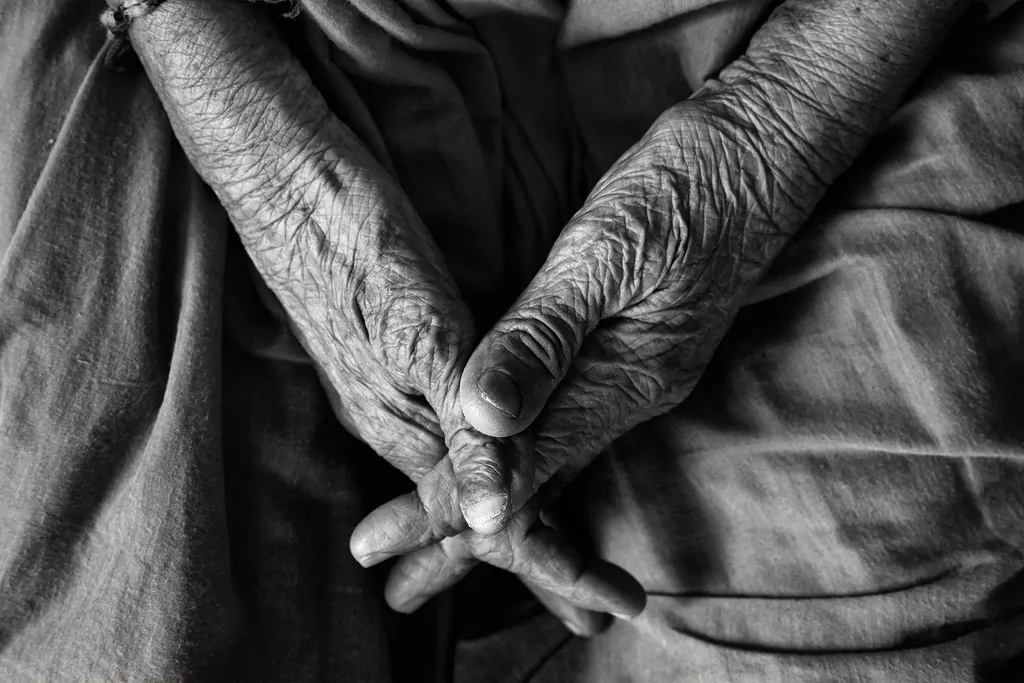If you suddenly find yourself caring for a disabled parent, you’re in good company. Currently, there are more than 60 million families taking care of an aging or disabled parent. Though the development of and circulation of useful technology has somewhat eased the physical and emotional stress often associated with taking care of an elderly family member, caregiving is still incredibly stressful. The good news? There are plenty of things you can do to help reduce the stress caused by caring for your aging parents. Start with these four simple tips.
Communicate Before It’s Too Late
In most cases, there is no sudden onset of dementia or Alzheimer’s. Don’t wait until it’s too late to have “the talk.” Talk to your parents about their wishes and make sure you are given legal power to handle important decisions should your parents be unable to do so.
Budget Accordingly
Caregiving comes with many tough decision, including financial ones. Make sure you prepare a caregiving budget upfront. Though there will likely be unexpected costs, having a financial plan is an important part of caregiving.
If it’s financial feasible, invest in product that can help. Wheelchairs, ramps, and safety handles can significantly reduce the odds of injury to both yourself and your loved one.
Make Plans for Yourself
Understand early on that it may not be feasible for you to commit 100% to caring for an aging parent. Don’t get so caught up that you forget to make future plans for yourself. Can you afford to leave your job to take care of your parent full-time? How will that affect your plans for retirement?
Respect Your Parents
Try to remember your parents have feelings too. Though it can be challenging at times, treat them with the respect they deserve and have earned.
Caregiving is truly a labor of love, but it can also be incredibly rewarding. If you find yourself on the verge of breaking, ask for help. Asking for assistance is not a sign of weakness. It’s a sign of maturity and understanding that you don’t have to do this alone.
For more tips and advice about caregiving, feel free to check out our recent article: Caregiving 101: Recognizing and Avoiding Caregiving Burnout
Image Credit: Vinoth Chandar



